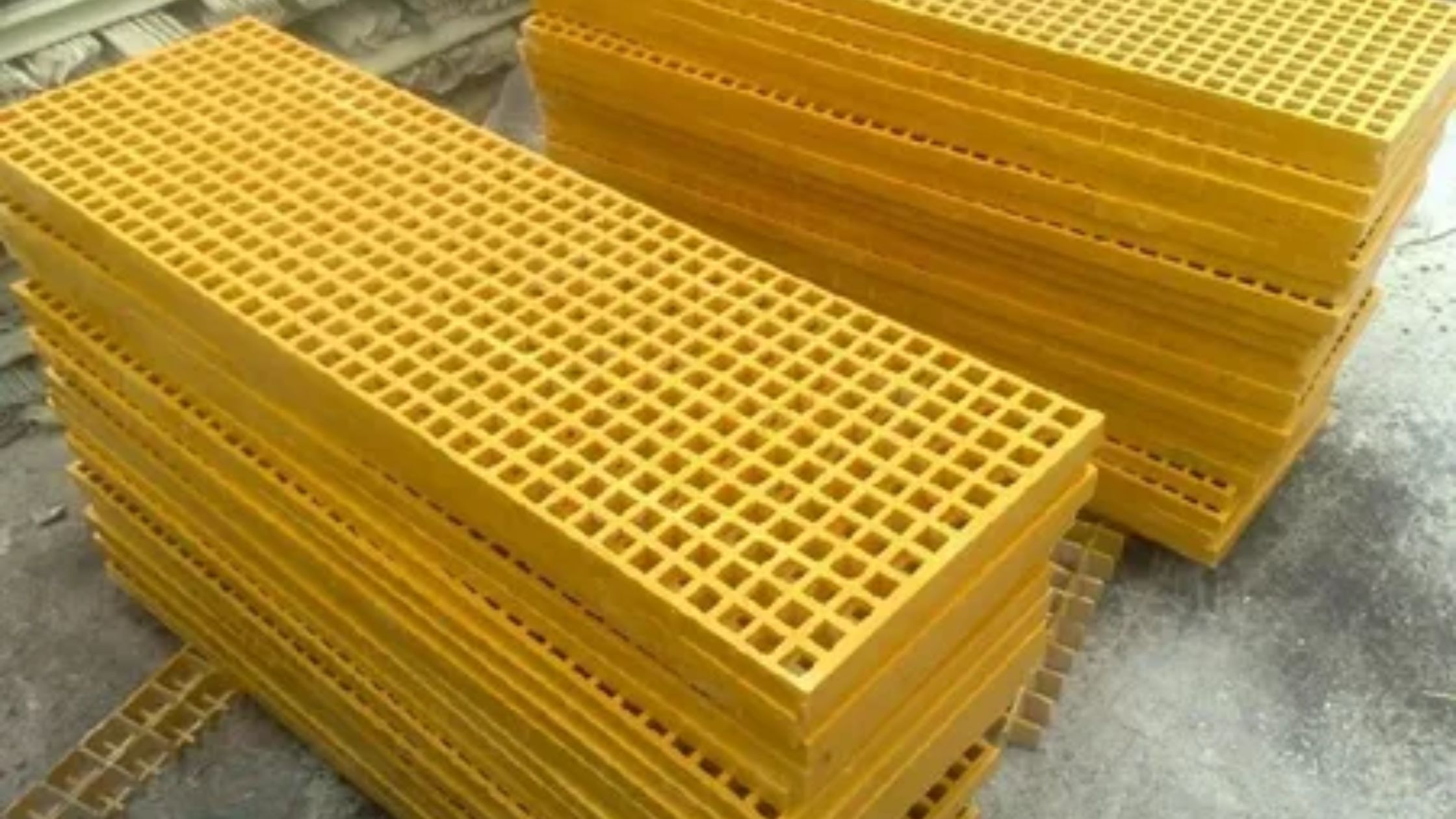
Advancements in material science continue to shape various industries, and one material that has been gaining widespread attention is fiberglass. With its combination of durability, lightweight properties, and resistance to corrosion, fiberglass is becoming an essential component across multiple sectors. As industries look for efficient, long-lasting solutions, the demand for fiberglass plates and fiberglass sheets has increased significantly. Whether in construction, automotive, or aerospace applications, this versatile material offers advantages that traditional materials like steel and wood struggle to match.
Why Fiberglass? The Science Behind Its Strength
What makes fiberglass such a game-changer? It all comes down to its composition. Created by weaving glass fibers together and binding them with a resin, fiberglass offers remarkable strength while remaining lightweight. This unique structure makes fiberglass sheets resistant to environmental factors such as moisture, chemicals, and UV exposure. Industries that require materials capable of withstanding harsh conditions without degradation are increasingly turning to fiberglass solutions. Compared to metals, which are prone to rust and corrosion, fiberglass offers an extended lifespan with minimal maintenance requirements.
Key Applications Driving Demand For Fiberglass Plates
Many industries are making the switch to fiberglass plates due to their adaptability and cost-effectiveness. The construction industry, for example, utilizes fiberglass for roofing panels, insulation, and structural reinforcements. In the marine sector, boats and ship components benefit from fiberglass’s resistance to water damage. Even in the energy sector, wind turbines rely on fiberglass components to maintain efficiency while withstanding extreme weather conditions. The versatility of fiberglass makes it an attractive solution for industries that require strong yet lightweight materials to improve operational efficiency.
The Role Of Fiberglass Sheets In Sustainable Manufacturing
As sustainability becomes a major focus across industries, fiberglass sheets are emerging as a preferred choice for eco-conscious manufacturers. Unlike traditional materials that contribute to environmental degradation, fiberglass is known for its recyclability and energy-efficient production process. Because it requires fewer replacements over time, businesses can reduce waste while maintaining high-performance standards. Additionally, fiberglass does not release harmful toxins into the environment, making it a safer option for both workers and end-users.
How Fiberglass Enhances Workplace Safety?
Safety is a major concern in industries that deal with heavy machinery and high temperatures. Unlike metal surfaces that conduct electricity and heat, fiberglass plates provide an added layer of safety due to their non-conductive properties. This makes them ideal for electrical insulation applications, ensuring that workers remain protected in high-risk environments. Additionally, fiberglass’s resistance to fire further enhances workplace safety, reducing the risk of accidents caused by flammable materials.
Innovations In Fiberglass Technology: What's Next?
The future of fiberglass sheets looks promising as researchers continue to develop advanced resin formulations and manufacturing techniques. Recent innovations include high-performance fiberglass composites that offer enhanced impact resistance and flexibility. Some manufacturers are even experimenting with bio-based resins to make fiberglass even more sustainable. As industries push for stronger, more adaptable materials, ongoing advancements in fiberglass technology will likely lead to even greater adoption.
Addressing Common Misconceptions About Fiberglass
Despite its numerous benefits, some misconceptions still surround the use of fiberglass. One common myth is that fiberglass is brittle and prone to cracking. While early fiberglass formulations may have had limitations, modern fiberglass plates and fiberglass sheets are designed to be incredibly durable, capable of handling high loads and extreme conditions. Another misconception is that fiberglass is difficult to work with, but advancements in cutting and fabrication technology have made it easier than ever to customize fiberglass components for specific applications.
Choosing The Right Fiberglass Supplier For Your Needs
Selecting the right supplier is crucial to ensuring high-quality fiberglass solutions. A reliable manufacturer should offer a full range of products along with custom design and engineering capabilities to meet unique project requirements. Kentec Composites provides comprehensive fiberglass solutions, from standard fiberglass sheets to specialized fiberglass plates, designed to address the evolving needs of modern industries. By partnering with a trusted manufacturer, businesses can benefit from top-tier materials tailored to their specific applications.
Final Thoughts: The Future Of Fiberglass In Industrial Applications
The growing demand for fiberglass plates and sheets is a testament to the material’s ability to meet modern industry challenges. Whether enhancing sustainability, improving workplace safety, or optimizing performance, fiberglass continues to prove its worth in various applications. With ongoing technological advancements and a shift toward more durable and eco-friendly materials, fiberglass is set to play an even greater role in industrial innovation. Contact Kentec Composites today to discuss how their full line of products, manufacturing expertise, and engineering solutions can support your next project.
Comments